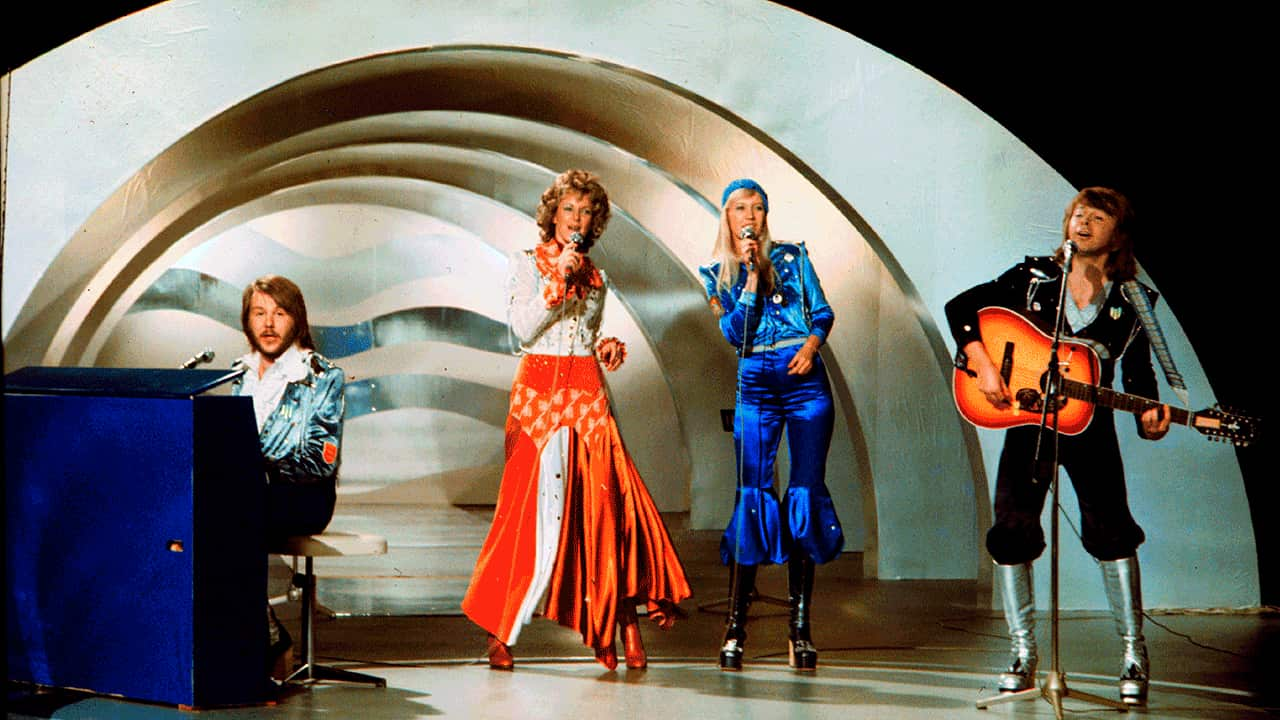Loneliness is the silent, invisible epidemic of our times. Experts say we all will feel it at some point in our lives; for most of us it will pass, for some it will remain a constant, unwelcome companion. The world is moving faster, demands on our time are greater, and more of us are living in single person households, isolated from our neighbours and communities, mediating reality through multiple screens, often using online social networks to pretend our lives are happy and wonderful when the opposite is true. As Kylie, a recently separated New Zealander living and working in London says, in Sue Bourne’s BBC documentary The Age of Loneliness, “it’s difficult to admit you’re lonely to other people” and “it’s really hard to admit it to yourself.”
Bourne brings together a group of people who do just that in front of her camera – they begin by admitting that they are lonely, then give us some insight into why, and what it feels like. There is great courage and honesty on display. Loneliness, one describes, is like a prison; another, says, poetically, that she lives on “lonely street.” A woman, soon to be 40, and unsure why she is unmarried and without love, tries to remain hopeful: “I can’t let myself believe that this is it.”
While The Age of Loneliness is focused specifically on the UK experience – where there are 7.6 million single person households – there is universality, at least in the Western world, to the stories being told. If loneliness is a condition particular to our times, it doesn’t have one, singular cause. People experience isolation for many, disparate reasons. For many, it’s living far longer than they ever could have imagined, and attendant to that, outliving spouses and partners. Ninety-three-year-old Bob spent 72 years with the same woman. When she died he was unprepared for the hole her absence would leave in his life. Although he keeps himself busy, Bob decides that nothing can replace Kath, “so I’m going to have to stay lonely and live with it.”
But importantly, also, The Age of Loneliness breaks down the idea, so often reinforced in the media, that feeling alone is the sole purview of the elderly. Through her interview subjects, Bourne shows us that all sorts of people, with all sorts of life experiences, feel the acute sadness and dislocation that loneliness can induce. Isabel, an 18-year-old university student found the transition from the security of home life to the anxiety of being on her own, very difficult, often isolating herself in her room for days on end. For stay-at-home mum, Emily, her feelings of isolation are magnified during the day by the absence of adult conversation and no real support network. Depression and loneliness go hand in hand. As one of Bourne’s subjects says, they feed into each other in a vicious, unending cycle. Talking seems to help and Bourne’s film performs the adroit task of providing the opportunity to do this for those craving it most. There is Dorothy, an elderly widow who just wants someone to chat to or a house full of people. And 100-year-old Olive, who wonders (along with Bourne) how it is that with a plethora of children and grandchildren, she finds herself alone, in front of the television, most days. Ian hasn’t worked for ten years and rarely leaves his tiny flat. He confesses, sadly, to Bourne, that one of the reasons he agreed to participate in her film is “because it’s nice to have the company.”
Depression and loneliness go hand in hand. As one of Bourne’s subjects says, they feed into each other in a vicious, unending cycle. Talking seems to help and Bourne’s film performs the adroit task of providing the opportunity to do this for those craving it most. There is Dorothy, an elderly widow who just wants someone to chat to or a house full of people. And 100-year-old Olive, who wonders (along with Bourne) how it is that with a plethora of children and grandchildren, she finds herself alone, in front of the television, most days. Ian hasn’t worked for ten years and rarely leaves his tiny flat. He confesses, sadly, to Bourne, that one of the reasons he agreed to participate in her film is “because it’s nice to have the company.”

Source: SBS
Small gestures towards other people can make an enormous difference – a phone call, a kind word to a stranger. It’s a simple and important lesson to learn as we enter the festive season: one of the most difficult and lonely times of the year.
Readers seeking support and information about suicide prevention can contact Lifeline on 13 11 14
The Age of Loneliness airs on SBS on Sunday 25 December at 10:30pm. Watch it now, streaming on SBS On Demand:





